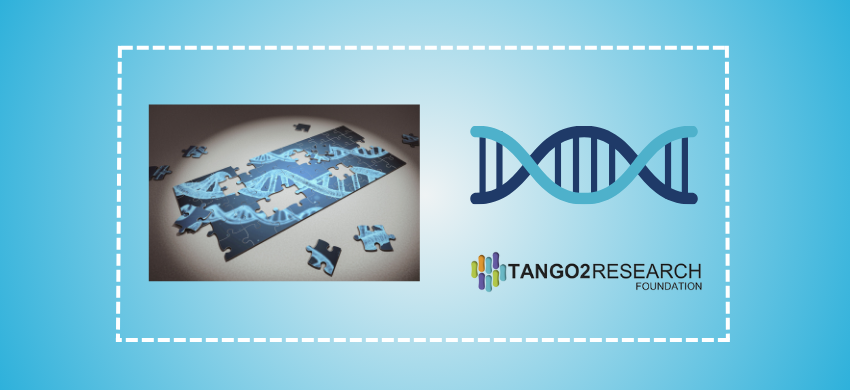Who Are Genetic Counselors?
Genetic counselors are healthcare professionals who educate patients about how their genes may affect them and their family members (Who Are Genetic Counselors?, n.d.). They inform patients about genetic testing options and what these tests can and cannot tell them, assist patients in comprehending genetic test results, and collaborate with patients to figure out next steps after receiving these results (Who Are Genetic Counselors?, n.d.).
Genetic counselors also provide counseling and support to those struggling with the challenges associated with genetics and genetic testing, such as discovering an unexpected diagnosis or deliberating whether or not to undergo a particular test (Genetic Counselor, n.d.).
Genetic counselors can work in a variety of specialties, including prenatal, pediatrics, cancer, neurology, and cardiology (Genetic Counselors, 2022). They can also hold positions in marketing, sales, research, and other areas (Who Are Genetic Counselors?, n.d.).
Genetic Counselors and Rare Diseases
For those with rare genetic conditions like TANGO2 deficiency disorder (TDD), a genetic counselor can be an invaluable source of information and support. Genetic counselors can discuss the inheritance patterns of rare genetic conditions, allowing individuals with these conditions and their families to understand the chance of other family members having or developing the same condition, the chance of the individual’s parents having another child with the condition, or the chance of the individual themselves having a child with the condition (Kearney, n.d.).
According to Farah Ladha, a Certified Genetic Counselor at Baylor College of Medicine and Texas Children’s Hospital, it is important for genetic counselors to adopt a “stepwise manner of giving information”. Families visiting a genetic counselor for the first time may not need to hear every detail about how their child’s genetic condition could affect them in their teenage years or adulthood; they may just want to focus on the present. Thus, genetic counselors often assess what would be best for a patient’s unique needs and situation during an appointment.
Genetic counselors can also inform individuals and families affected by rare genetic conditions about valuable resources, such as rare disease support groups (Kearney, n.d.). Farah emphasizes that this is a great way for genetic counselors to provide support to rare disease families, as well as giving them a way to remain in touch, whether that be via email, phone, or an EMR system. This helps families to feel as though they aren’t going through this alone- their genetic counselor is there to support them along the way.
Where to Find a Genetic Counselor
The National Society of Genetic Counselors offers an easy online tool, Find a Genetic Counselor, for those looking to meet with a genetic counselor. This tool allows users to search for genetic counselors based on location, specialty, and whether they offer in-person or telehealth appointments.
Special thanks to Farah A. Ladha, MS, CGC, for her contributions to this blog post.
References
Genetic counselor. (n.d.). Mayo Clinic College of Medicine and Science.
Genetic counselors. (2022, December 15). U.S. Bureau of Labor Statistics.
Kearney, E. (n.d.). Five things to know about genetic counseling and rare genetic disease. Know Rare.
Who are genetic counselors?. (n.d.). National Society of Genetic Counselors.


